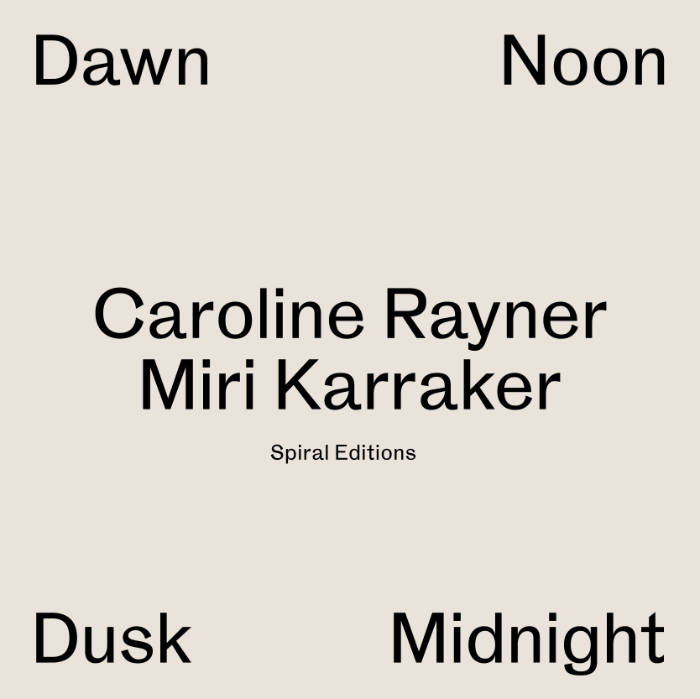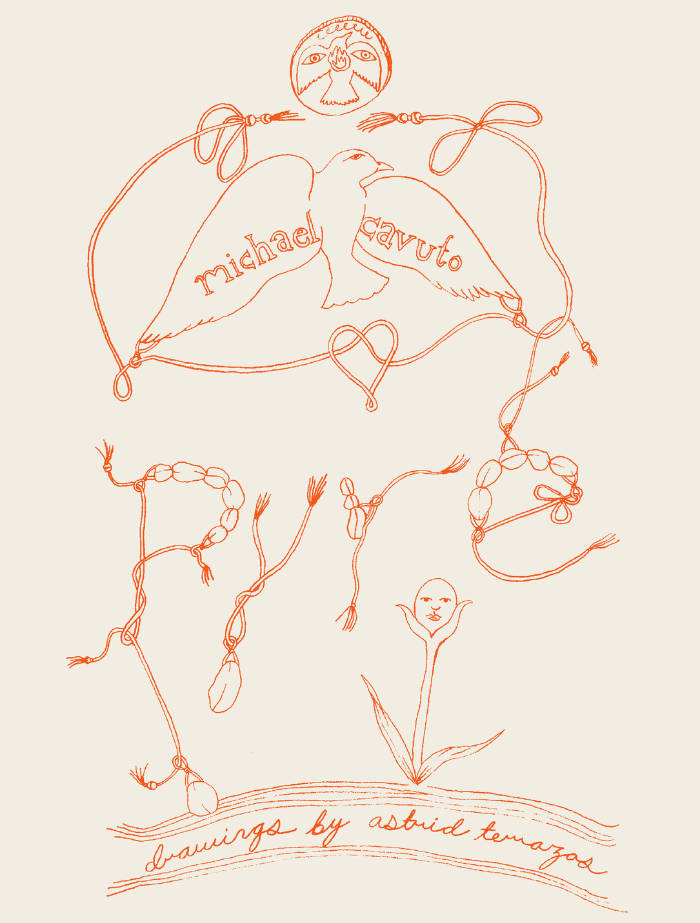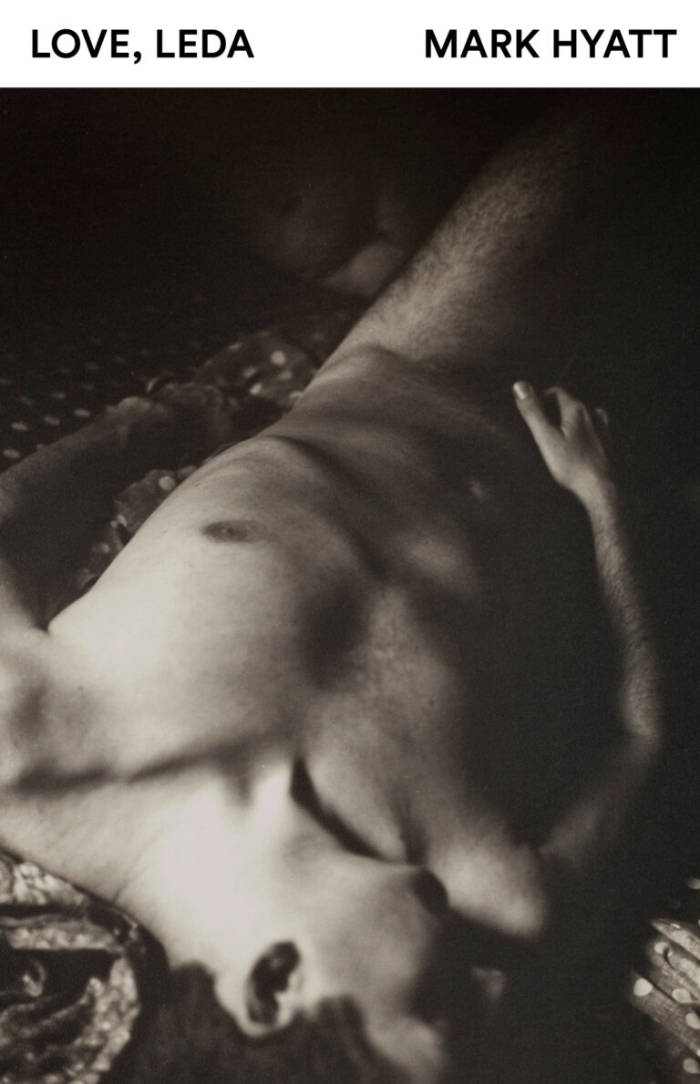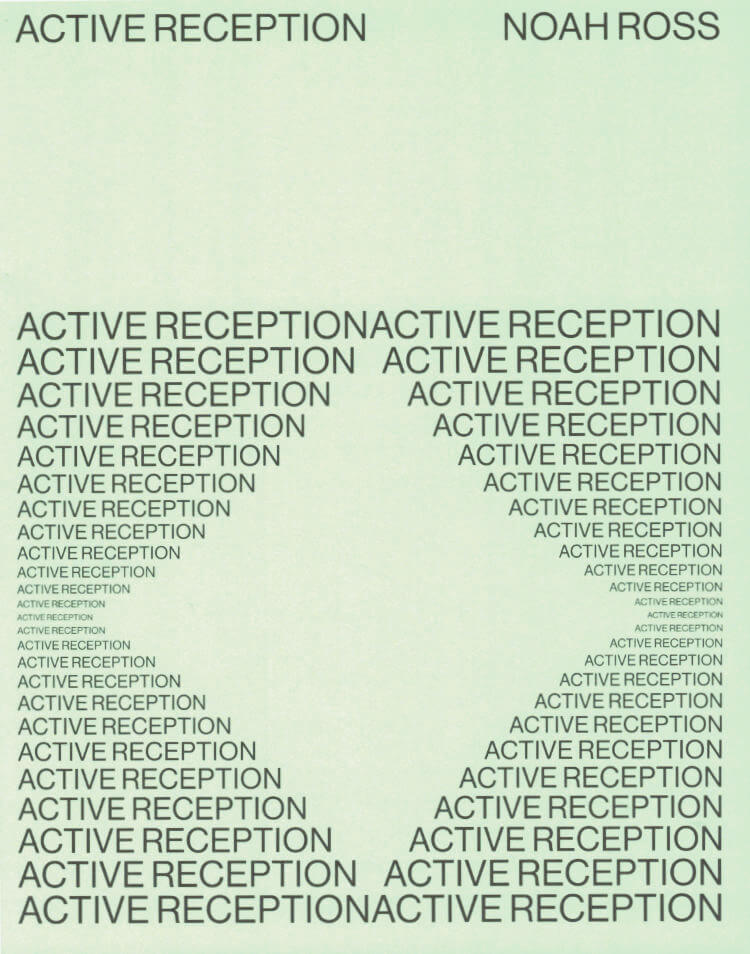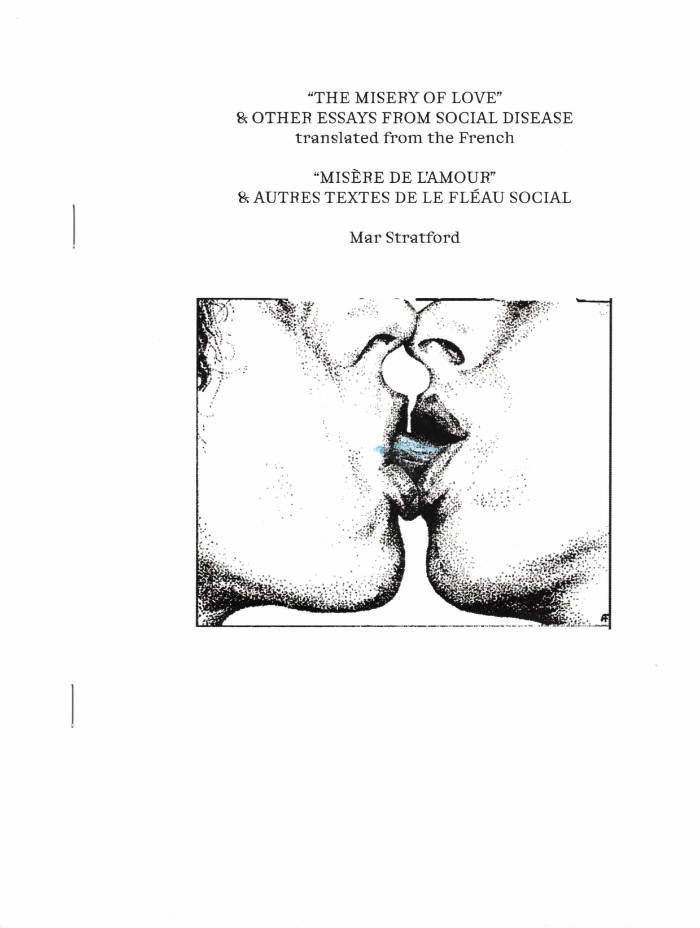
“The Misery of Love” & other essays from 'Social Disease'
Mar Stratford trans.
From 1972 to 1974, the anonymous writers of Social Disease offered groundbreaking, incisive, and sweeping critiques of social relationships through the lens of Situationism. Arguing that true revolution — the kind of complete and irreversible revolution longed for in the wake of such revolutionary moments as the May 1968 student uprisings and the 1969 Stonewall riots— would change every aspect of society, it was clear that affective relationships — how we love, how we feel pleasure— would necessarily be changed as well, and thus deserved examination as much as the traditional questions of labor or politics. The voices in the essays speak with urgency, and do not compromise in their expression. Beyond the theoretical insights of the text, the emotional truth of history comes through in the spaces of contradiction, and allusions to intercommunity conflicts. These essays were written without constraints for an immediate audience of comrades and peers; with this translation of the collection, that audience now includes us.
"Translating from the French, Mar Stratford's MISERE DU L'AMOUR captures the urgency, passion, and drama of 1970s gay leftism. MISERE DU L'AMOUR asks questions that persist: what does a better world look like? What is the true nature of love? Can we fuck and suck our way to liberation?The questions asked by F.H.A.R in the 1970s have a relevance to today's discourse that Stratford's translation animates. Tell your friends, your lovers, and your haters." —Brendan Williams-Childs
"The Misery of Love" & Other Essays From Social Disease / “Misère de l'amour” & autres textes de le flèau social. Bound with staples. Covers printed on Mohawk off-white cardstock, with front cover image hand colored with pencil and marker. Interiors printed on bright white French text weight paper. Printed and assembled in "Kingston, New York,” the unceded and occupied lands of the Haudenosaunee, Mohican, Munsee Lenape, and Schaghticoke tribes.
Designed by The Aliens.
